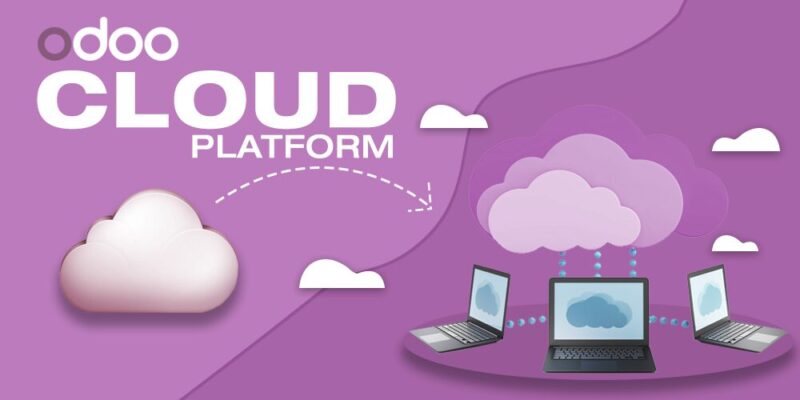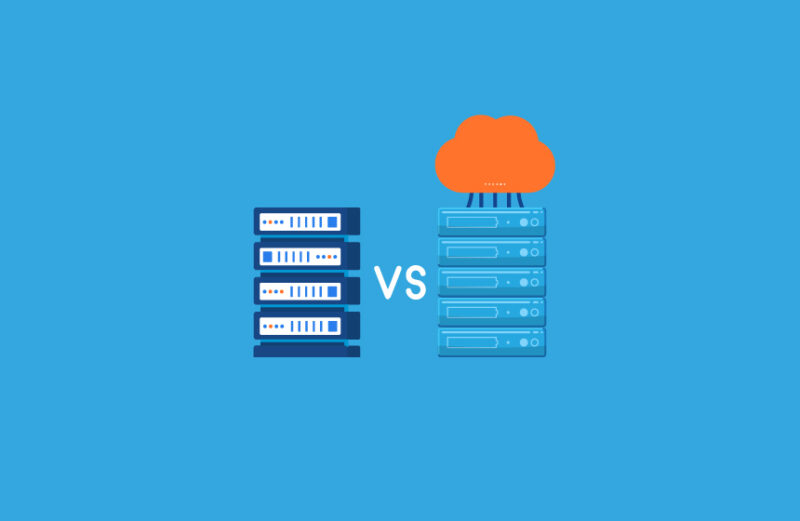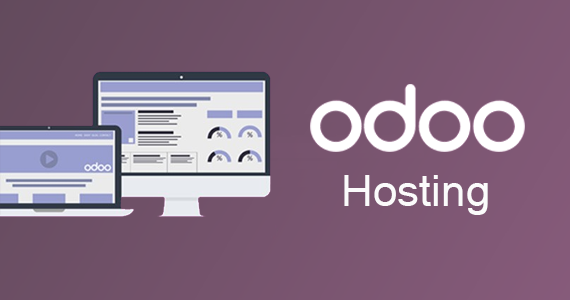Selecting the right hosting solution for your Odoo ERP system is crucial for optimizing performance, security, and cost-efficiency. This article explores the differences between Odoo Cloud Hosting and Traditional Hosting, highlighting the pros and cons of each to help you make an informed decision.
What is Odoo Cloud Hosting?

Odoo Hosting involves hosting your Odoo ERP on a cloud-based server. This means your data and applications are stored on remote servers managed by a cloud service provider. Popular cloud hosting providers include AWS, Google Cloud, and Microsoft Azure.
Pros of Odoo Cloud Hosting
- Scalability: Cloud hosting offers dynamic scalability. You can easily adjust resources such as CPU, RAM, and storage based on your needs.
- Accessibility: Access your Odoo ERP from anywhere with an internet connection, making it ideal for remote work.
- Cost-Efficiency: Pay for what you use. Cloud hosting typically operates on a pay-as-you-go model, which can reduce costs for small to medium-sized businesses.
- Automatic Updates: Cloud providers handle software updates and security patches, ensuring your system is always up-to-date.
- Disaster Recovery: Cloud hosting offers robust backup and disaster recovery options, minimizing data loss risks.
Cons of Odoo Cloud Hosting
- Dependence on Internet: A stable internet connection is essential. Any internet outage can disrupt access to your Odoo system.
- Potential Downtime: Although rare, cloud providers can experience downtime. Selecting a reliable provider with a high uptime guarantee is crucial.
- Limited Control: You might have less control over the server environment compared to traditional hosting.
What is Traditional Hosting?

Traditional Hosting involves hosting your Odoo ERP on physical servers, either on-premises or through a third-party hosting provider. This method requires managing and maintaining the server infrastructure.
Pros of Traditional Hosting
- Control and Customization: Full control over the server environment allows for extensive customization and optimization.
- Data Security: On-premises hosting can offer higher data security levels, as data is stored within your physical premises.
- Performance: Dedicated resources ensure consistent performance, as resources are not shared with other users.
Cons of Traditional Hosting
- Cost: High initial investment in hardware, software, and maintenance. Ongoing operational costs can also be significant.
- Scalability Challenges: Scaling up requires purchasing additional hardware, which can be time-consuming and costly.
- Maintenance Responsibility: Full responsibility for server maintenance, security, and updates falls on your IT team.
- Limited Accessibility: Access to the system is often restricted to the physical location or through complex VPN setups.
Key Differences Between Odoo Cloud Hosting and Traditional Hosting

- Scalability: Cloud hosting offers better scalability compared to traditional hosting, which requires physical hardware upgrades.
- Cost Structure: Cloud hosting operates on a subscription or pay-as-you-go model, while traditional hosting involves significant upfront and ongoing costs.
- Management: Cloud hosting providers manage server maintenance and updates, whereas traditional hosting requires in-house management.
- Accessibility: Cloud hosting provides easier remote access, whereas traditional hosting may require additional configurations for remote work.
Conclusion
Choosing between Odoo Cloud Hosting and Traditional Hosting depends on your specific business needs, budget, and IT capabilities. Odoo Cloud Hosting offers flexibility, scalability, and cost-efficiency, making it ideal for businesses looking for a hassle-free solution. Traditional Hosting provides control and customization, suitable for companies with stringent security requirements and the resources to manage their infrastructure.


